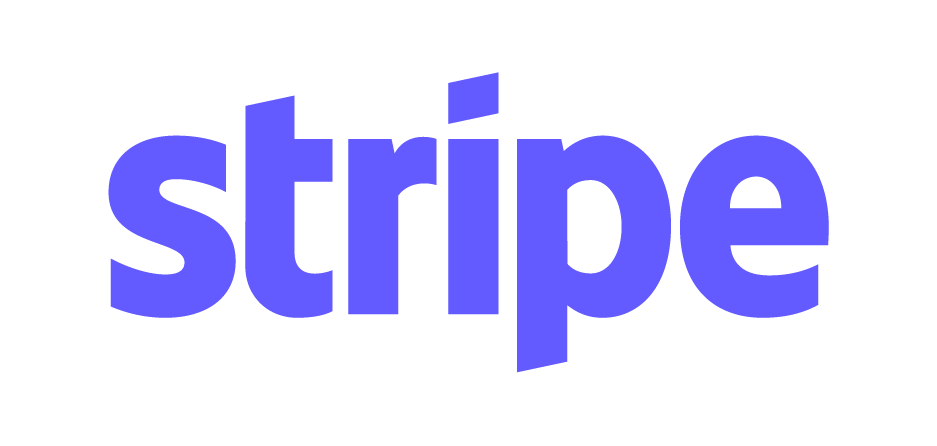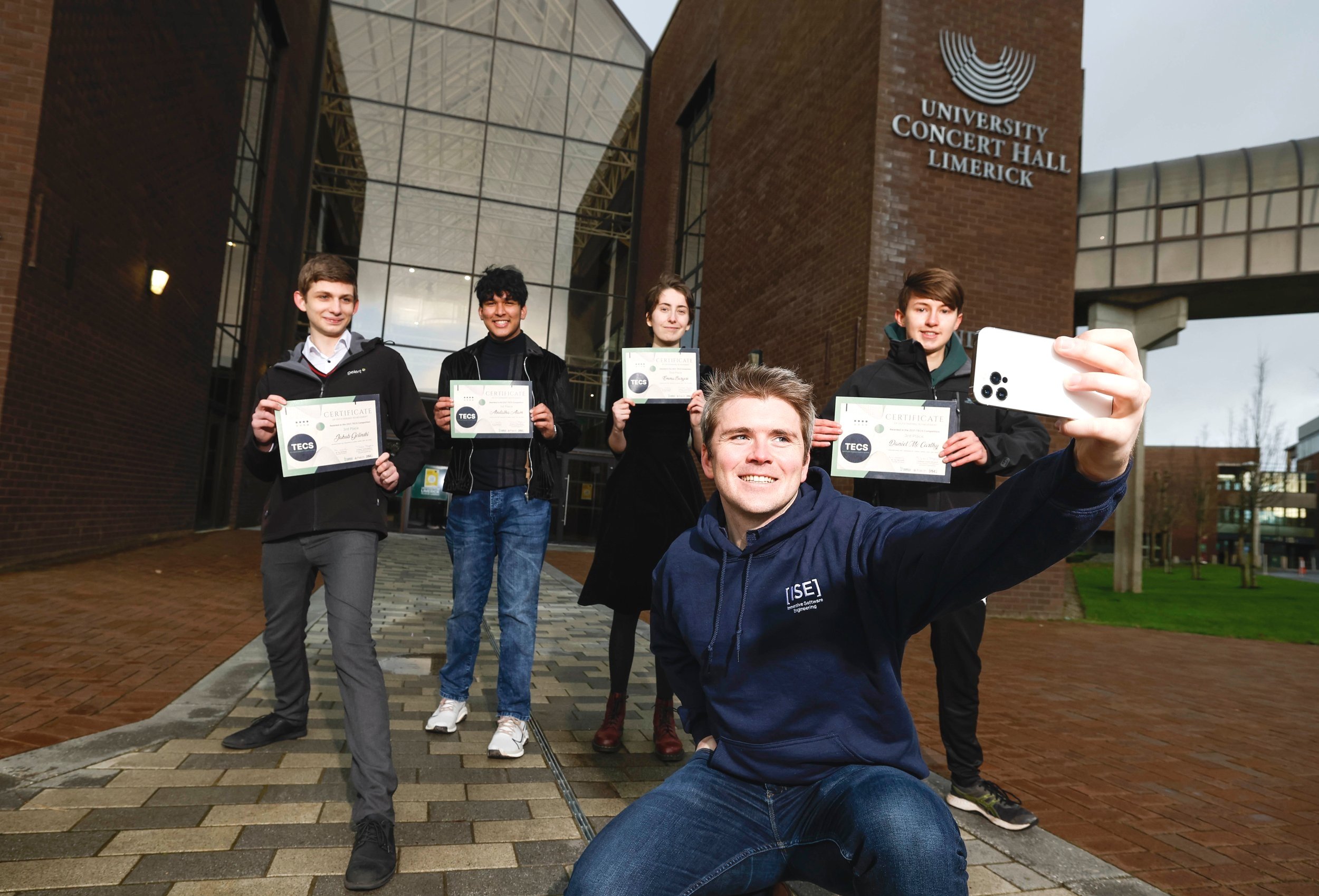
Enter TECS 2025 to win up to €3k in prizes
Open to transition, 5th & 6th year students throughout Ireland.
Sign up by October 24th
TECS Registration Closes In
Don't miss your chance to compete!
About TECS
- TECS is Ireland's premier nationwide talent search for aspiring technologists, engineers, creators and scientists.
- Transition year, 5th year and 6th year students work towards building or creating something unique throughout the month of November.
- They share progress updates each week and receive feedback from experienced mentors.
- Prizes are awarded based on progress made during the competition.
Winner Receives €2,000!
Awards given to students who made the most progress during the competition, with school's receiving up to €1,000.
Expert Mentorship
Get feedback from industry leaders including John Collison (Stripe), Bobby Healy (Manna Aero), and Patricia Scanlon (Soapbox Labs), to name just a few.
National Recognition
Awards ceremony held at the University of Limerick Concert Hall with tech industry leaders and national media coverage.
How It Works
Choose Your Project
Apply with an idea you'd like to work on or develop further. It could be an app, business idea, social enterprise, research project, coding project, creative work, or something completely different.
Share Weekly Updates
Take 5 minutes each week to share your progress, challenges encountered, and plans for the next week. Build momentum through consistent progress.
Get Expert Support
Join a community of builders and receive feedback from experienced mentors. Prizes are awarded based on progress made during the competition.
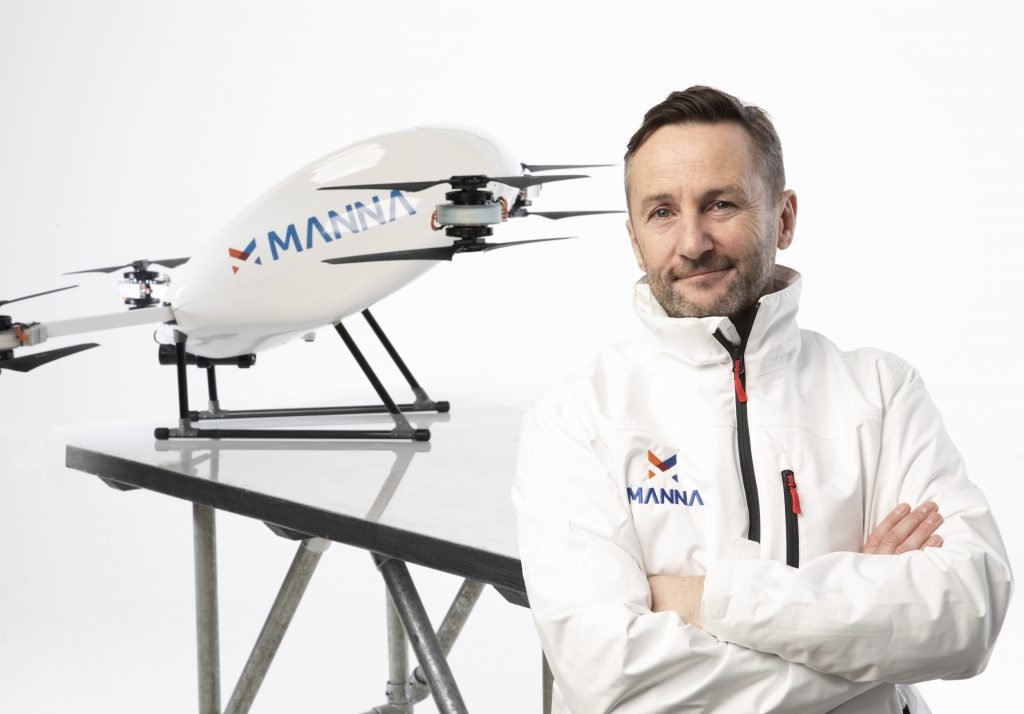
"Whether you're interested in making an idea happen, or want to pursue an interest in science, tech or business, I'd wholeheartedly recommend taking part in TECS. If I was taking part, I would programme a drone that delivered chips from my local takeaway."
— Bobby Healy, founder of Manna Aero — TECS judge.
Prizes
🥇 First Place
Student Receives: €2,000School Receives: €1,000
🥈 Second Place
Student Receives: €1,000School Receives: €500
🎯 Additional Awards
Best Team6th Year Award
5th Year Award
Transition Year Award
Past Projects
See what amazing projects our previous winners have created
Con Kirby
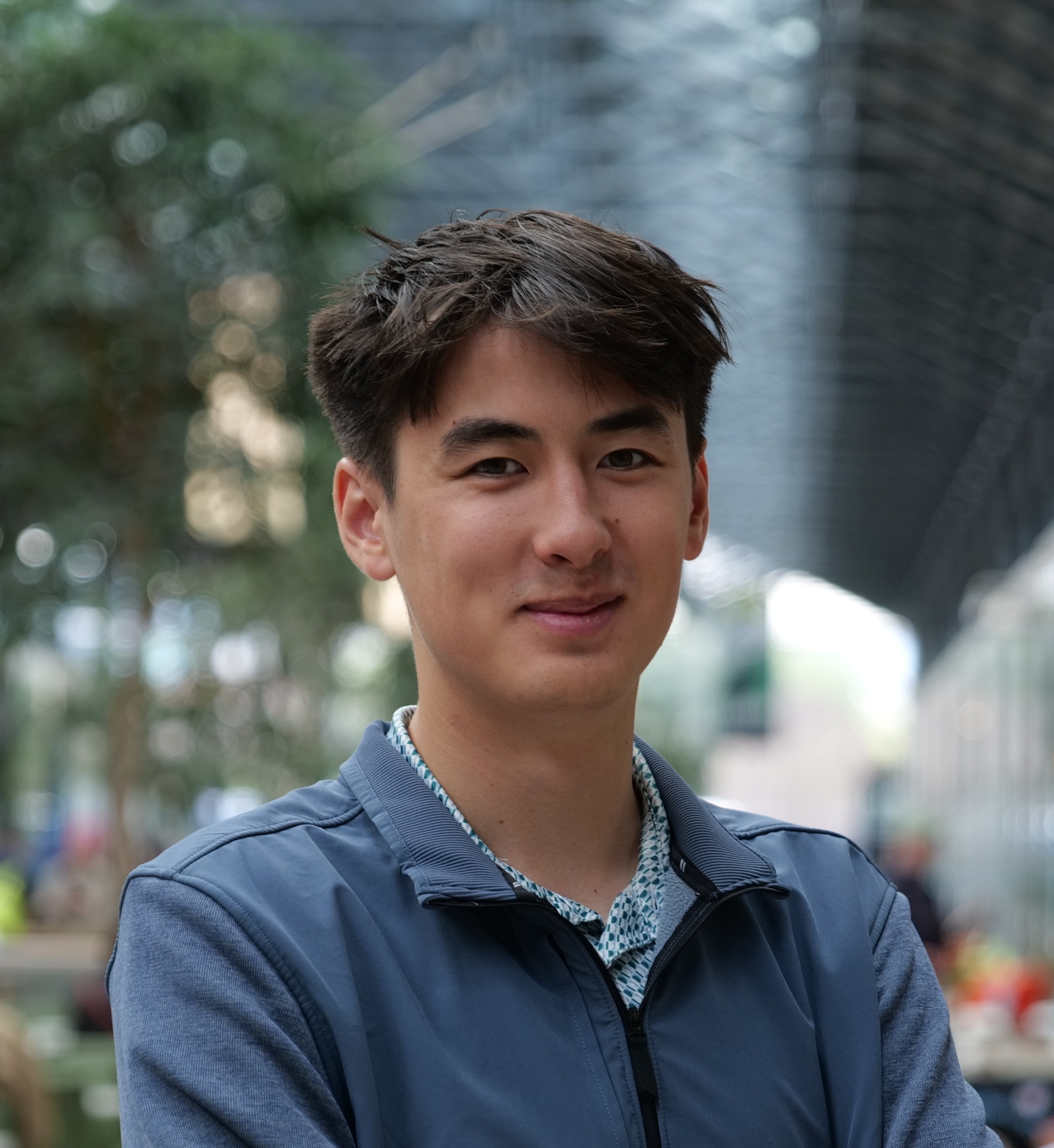
Con developed an advanced real-time piano evaluation system that combined MIDI technology, detailed feature analysis, and machine learning to provide feedback on piano performances. His system not only calculated precise accuracy scores but also revealed subtle mistakes that even experienced piano teachers might overlook. By pinpointing areas for improvement, Con's work has the potential to significantly accelerate piano learning for students.
Donna Mae Quinto
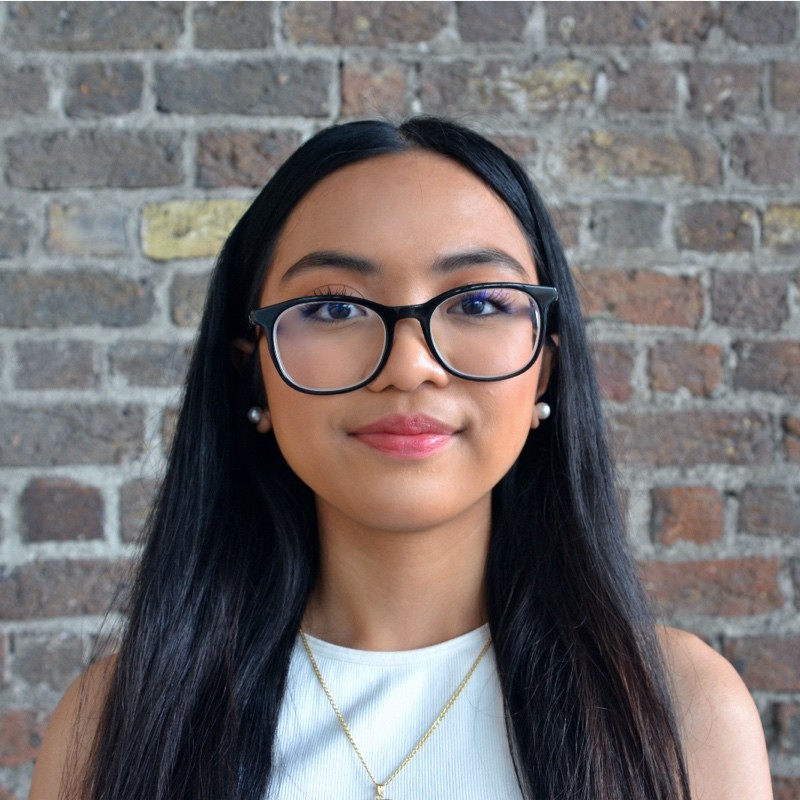
Donna explored how everyday plants might help prevent hyperuricaemia—a buildup of uric acid that can cause joint pain, swelling, kidney stones, and other health issues. She tested ginger, turmeric, hibiscus, nettle, and lemon in various concentrations to identify which most effectively reduced uric acid. Promising extracts were combined to see if mixtures improved results, with further testing to find the best ratios. Her project showed that simple, accessible plants could offer a natural, affordable way to prevent high uric acid and related conditions.
Samir Bioud
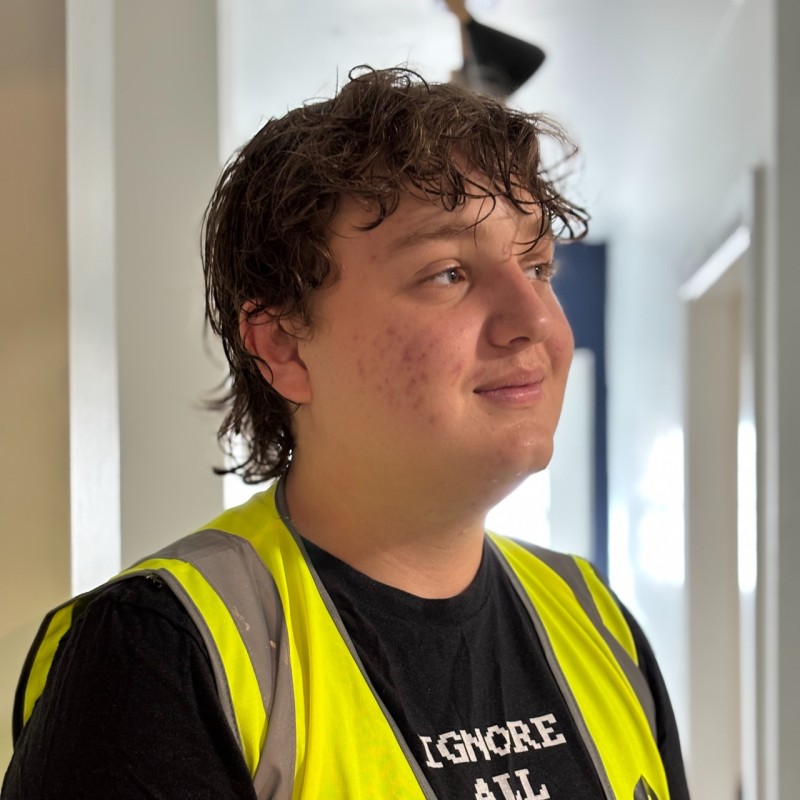
Developed a systems programming language compiler in C++ using LLVM. Implemented type inference, generics, method overloading, modules with packaging support, and syntax highlighting. The compiler generated efficient machine code with a minimal standard library, exploring how modern language features can be built from foundational compiler techniques.
Abutalha Alam
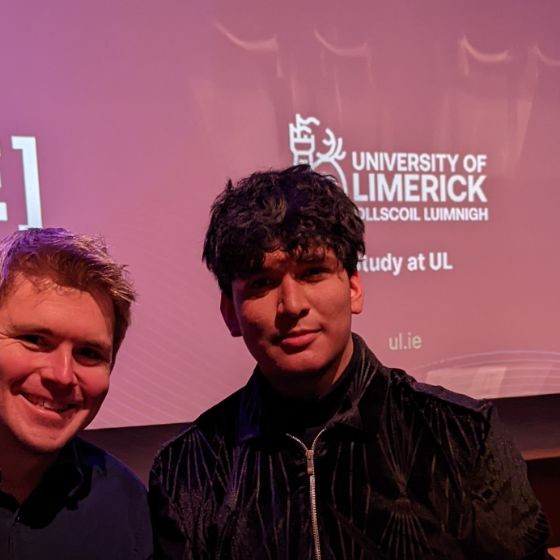
Sign Language Translator - Developed a translator for fingerspelling across British, American, and Irish Sign Languages. The system incorporated available resources for learning, as well as speech-to-text and text-to-speech features. Originally envisioned as an accessible educational tool for beginners, the project demonstrated the feasibility of multi-language sign recognition, though further development was not pursued.
Emma Burgess
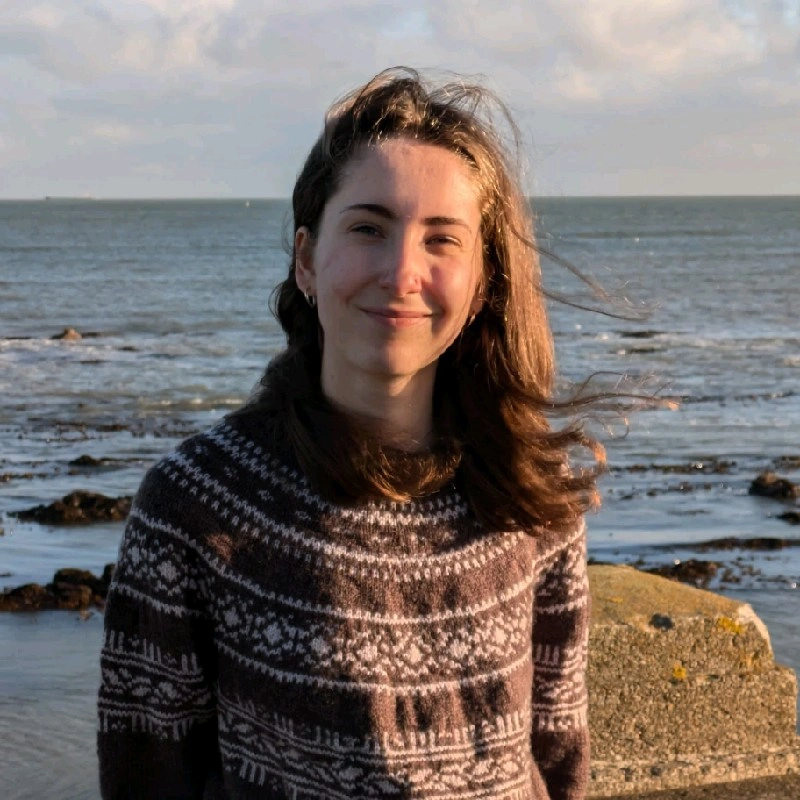
Vector-borne diseases are responsible for over 700,000 deaths annually, accounting for more than 17% of all infectious diseases. Emma’s project leverages image recognition through Neural Networks to identify harmful vectors, such as insects and arachnids, that may carry diseases. By recognizing key morphological features of these vectors, we can differentiate between disease-carrying species and non-harmful animals.
Organisers
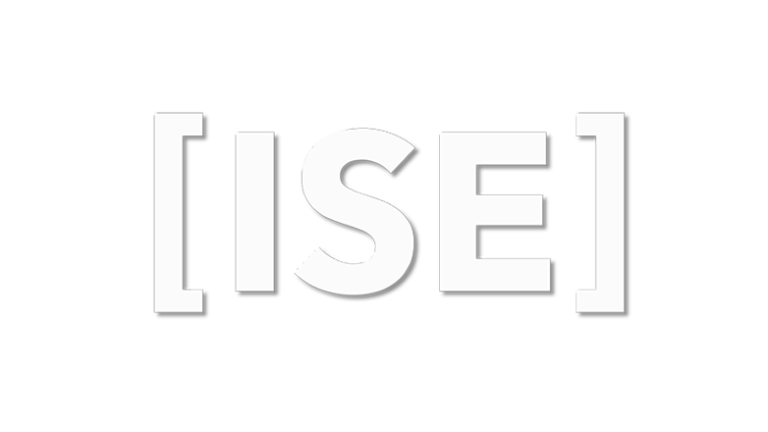
ISE at UL
Immersive Software Engineering is a computer science degree at UL where students "learn by doing". In four years, you get an integrated Masters/Bachelors degree and spend half your time getting paid to work in some of the world's most exciting tech companies.
Patch
Patch is a free summer programme where talented young people spend seven weeks working on their chosen projects, getting to know like-minded peers, and learning from brilliant mentors.
FAQs
General
What is TECS?
TECS is Ireland's premier nationwide talent search that runs over the month of November. It is a progress-focused competition for secondary school students across Ireland. Participants work on a project throughout the month, submit short weekly updates, and receive mentor feedback. Prizes of up to €2,000 are awarded to students who make the most progress and schools can win up to €1,000.
When does TECS run?
TECS runs throughout November (example dates previously: 4th–29th November). Students submit weekly progress updates during November; judges review submissions in December, and an awards ceremony takes place in January.
Who can take part?
TECS is open to Transition Year, 5th Year and 6th Year students in the Republic of Ireland, and Years 11–14 in Northern Ireland. We welcome technical, scientific and creative projects — past entrants have built apps, organised events, run experiments and written novels.
Can I participate from Northern Ireland?
Yes — students enrolled in Years 11–14 in Northern Ireland may apply. Prize values are equivalent in local currency (e.g. the top student prize equates to approximately £1,700 at past exchange rates).
Sign-ups
What do I need to sign up?
The signup form asks for basic information about you, your school, and the project you plan to work on in November. Sign-up windows are announced ahead of time — previously sign-up opened in early October and ran until late October. Once signed up, you'll only need to submit a brief weekly update for each of the four weeks in November.
Can I sign up as a team?
You can apply with a project that has multiple contributors, but each TECS participant must submit their own application. If you're working with others, mention collaborators in your entry.
I haven't started my project yet. Can I still take part?
Absolutely — you can start something from scratch. TECS rewards progress over time, not pre-existing polish. If you're stuck for ideas, look at Coolest Projects, IndieHackers or your own daily frustrations for inspiration.
I've never worked on a project before. Can I still take part?
Yes. Participants who make consistent progress over the month are eligible for prizes — you don't need prior experience to do well.
Is this just for coders?
No — TECS includes technical and non-technical projects alike. Past entries include apps, community projects, research, art and writing. The key is progress and learning.
Can I use one of my Transition Year or Leaving Cert projects?
Yes — TECS is a great way to accelerate an existing school project. Mentorship and the prize incentive can help you push the project further than you would alone.
Can I use a non-school project?
Yes — projects done outside school (personal projects, clubs, or extracurricular work) are welcome as long as the applicant is eligible by year. TECS is about your progress, wherever that project lives.
Programme
What's the time commitment?
Time commitment varies by project. Some projects need only 2–3 hours per week; others require more. Aside from working on the project, the weekly update should take about 5–10 minutes to complete.
What's the weekly update?
The weekly update tracks your progress week-to-week. Each week during November you'll receive a form with a few short questions asking what you achieved and what you plan next. TECS scores progress across these updates.
What support will I receive along the way?
Participants receive feedback from mentors after the early rounds of updates. You'll also see examples from other students and receive resources and guidance throughout November.
Do I have to use a computer?
No — TECS is about progress on an idea. Projects can be physical, event-based, business-focused, or creative. You will only need a computer or smartphone to submit the weekly updates.
Awards ceremony & prizes
What can I win?
Prizes include a top student prize (previously €2,000) and a top school prize (previously €1,000), plus additional awards for notable progress and special categories. Active participants and their teachers are typically invited to the awards ceremony.
Can my TECS project form part of my ISE entrance submission?
Yes — TECS projects are a great way to demonstrate commitment and progress in an application to ISE. You can include your TECS work as part of your entrance materials where appropriate.
Does taking part in TECS guarantee me a place in ISE or Patch?
No — participation does not guarantee admission to either programme. Both ISE and Patch have separate application processes. However, consistent progress and demonstrable projects can strengthen your applications for programmes like ISE and Patch.
When and where will the awards ceremony be held?
The awards ceremony is typically held at the University of Limerick in January (exact date announced to participants after judging).
I have more questions
I have more questions! Where can I learn more?
We'd love to hear from you. You can email us at info@jointecs.org.
Teachers & schools
Can multiple students/classes from the same school take part?
Yes — multiple entries from the same school are allowed and encouraged. If a class is working on technical, scientific or creative coursework during November, registering the class can help students benefit from mentorship and shared momentum.
Can my students work on team projects?
Students can participate on team projects, but each participant must submit their own application. When applying, please list any collaborators so judges understand who contributed what.
Ready to Build Something Amazing?
Student and teacher registration opens in October.
Join Ireland's premier competition for young innovators.
Questions? Email us at info@jointecs.org
